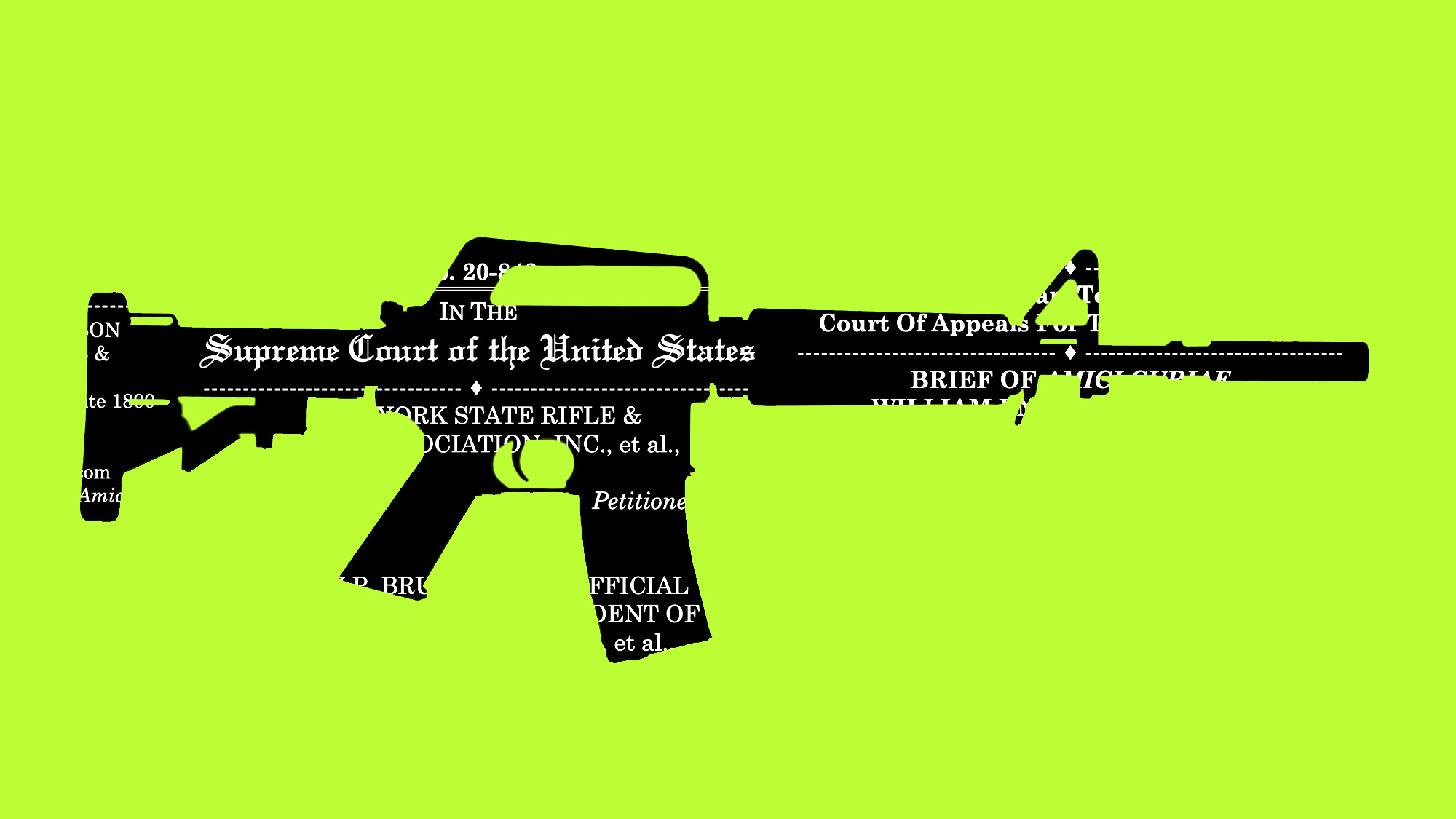
Title: Bridging the Divide Between Private and Public Opinion: Revealing the Unspoken Agreement on Gun Policy in the U.S.
A recent investigation conducted by scholars at Rutgers University has shed light on an intriguing contradiction in the national conversation surrounding gun violence prevention: Numerous Americans—including conservatives—secretly endorse measures aimed at curbing gun violence, yet there exists a striking absence of public advocacy and political pressure for these initiatives. This disconnect points to a more intricate dynamic in America’s political and cultural stance on gun policy, challenging long-held beliefs about partisan splits and public sentiment.
Bipartisan Endorsement, Hidden from View
Published in Preventive Medicine Reports, the Rutgers research sampled 7,529 adults from nine diverse states—New Jersey, Pennsylvania, Ohio, Minnesota, Florida, Mississippi, Texas, Colorado, and Washington. Researchers from the New Jersey Gun Violence Research Center discovered unexpectedly high levels of endorsement for various firearm policies across the political spectrum:
– 86% of conservatives, 87.2% of moderates, and 96.1% of liberals favored universal background checks.
– 70.1% of conservatives supported licensing requirements for gun purchases, in contrast to 77.4% of moderates and 94.3% of liberals.
– Extreme risk protection orders or “red flag” laws garnered support from 64.5% of conservatives, 75.3% of moderates, and 90.8% of liberals.
– Even secure storage laws—the concept that gun owners should safely stow firearms, especially around children—received backing from 49.7% of conservatives, indicating close to a majority.
These results create a depiction of potential agreement, particularly in regard to responsible ownership and preventive measures—all of which are frequently framed as contentious or divisive in national political discussions.
Challenging Assumptions: Social Pressure Is Not the Barrier
One of the more surprising elements of the study was its dismissal of a widely held belief: that conservatives only express support for these policies in private due to fears of social or political backlash within their communities. The findings demonstrated that conservatives who endorsed firearm policies were no less likely to perceive support from peers than their liberal colleagues.
“Previous studies have suggested that individuals—or conservatives in this context—remain silent due to apprehension about backlash or exclusion,” said Michael Anestis, executive director of the New Jersey Gun Violence Research Center and the project’s lead author. “However, our data indicates that this may not represent the primary obstacle.”
Rather, the challenge may originate from the prioritization of issues. While liberal respondents generally regard gun policy as a significant concern, conservatives often prioritize other matters—such as economic policy, border control, and religious freedoms—which tend to overshadow their support for firearm regulations.
The Influence of Interest Groups
Another possible factor is the impact of firearm advocacy and lobbying organizations, like the National Rifle Association (NRA), which exert considerable clout over many conservative lawmakers. Anestis noted that these entities not only oppose regulatory efforts but also act as primary voices that consistently encourage lawmakers to reject such initiatives—regardless of the sentiments of their constituents.
“Gun lobbyists have prioritized opposing regulation above all else. Often, they are the loudest voices politicians encounter,” Anestis clarified. “In contrast, proponents of common-sense measures might not be organized in the same manner.”
In essence, even when voters back certain policies, the lack of pronounced and organized advocacy—especially from conservative voters—permits special interest groups to steer the dialogue and influence legislative results.
Strategic Considerations for Advocates and Policymakers
The implications of this study extend beyond mere numbers. Advocates for gun reform may need to modify their strategies—not solely focusing on garnering support for policy initiatives but also on elevating the issue’s importance among conservatives and moderates who agree with sensible gun policies in private.
Policymakers and activists aiming for legislative progress might consider reaching out to these quiet supporters, mobilizing them through education and outreach, and aiding them in recognizing the collective power of their public advocacy. Without visible pressure from constituents, especially in conservative regions, elected officials may continue to cave to lobbying forces rather than reflect the perspectives of their broader electorate.
A More Subtle Political Terrain
Ultimately, this research underscores the complexity and nuance in American sentiments regarding firearm regulation. Contrary to prevalent political narratives that depict the nation as severely divided on this topic, a significant number of Americans are united behind several vital safety initiatives. The challenge lies not in a deficiency of support but in a lack of vocal prioritization and political engagement.
As gun-related deaths continue to rise—with over 48,000 fatalities recorded in 2022, as per the CDC—developing effective, evidence-based legislative strategies remains crucial. Grasping the private-public divide in firearm policy endorsement could be pivotal in shifting the conversation from agreement to action.
Your Voice Is Important
This study prompts a vital consideration for American voters: If you